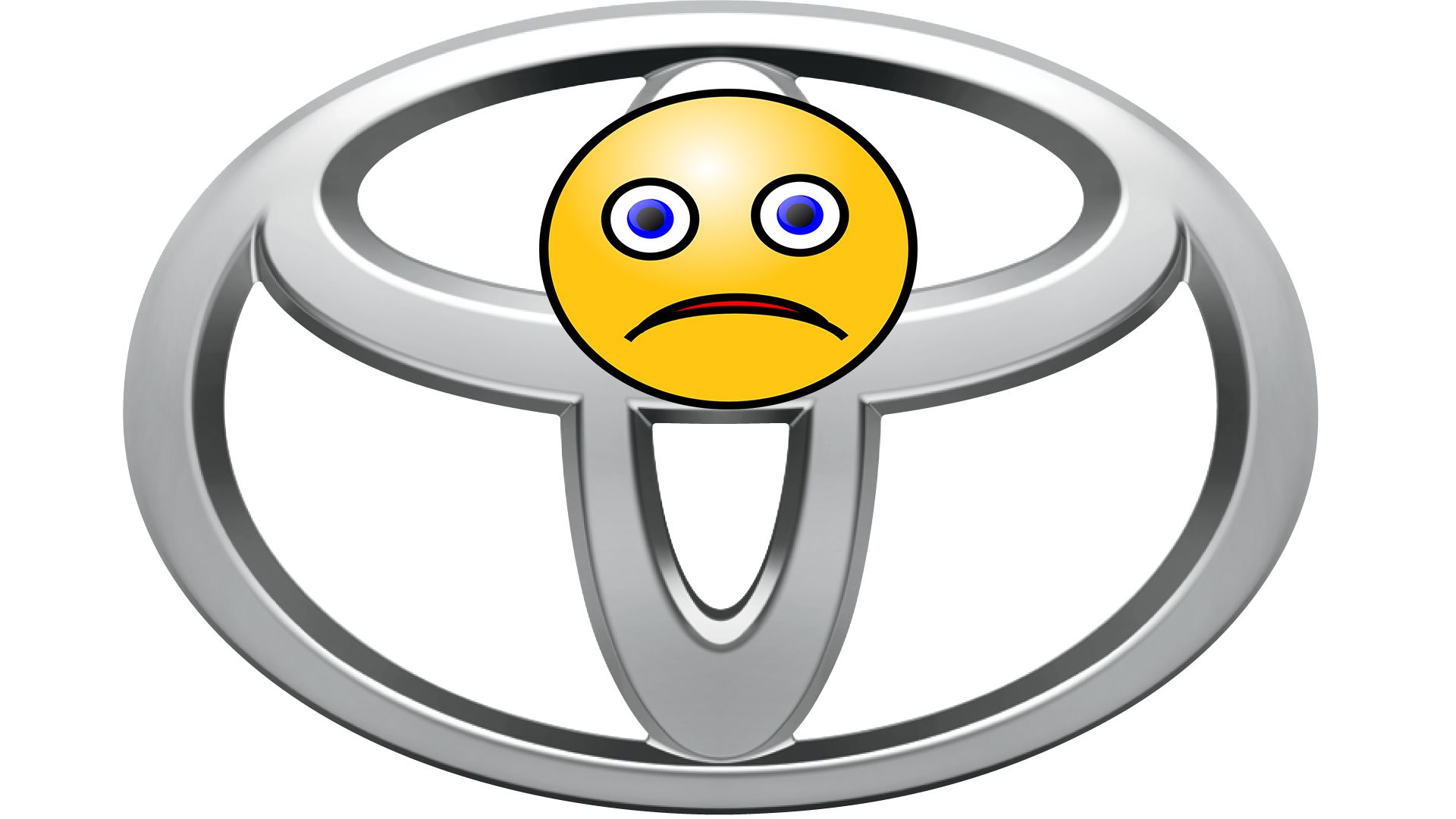Toyota has issued a warning that California’s new self-driving guidelines could become a major roadblock in the race to widespread implementation of fully autonomous vehicles. This past Tuesday, Hilary Cain, director of technology and innovation policy at Toyota Motor North America, went before a Capitol Hill forum and criticized the Golden State’s recent adoption of the National Highway Traffic Safety Administration’s (NHTSA) 15-point self-driving checklist, raising concerns that the move could stifle technology development.
Late last month, California revealed a new proposal that would incorporate the NHTSA’s latest checklist as a replacement for third-party safety testing. The proposal also relaxed other guidelines and would allow the testing of autonomous vehicles without a human driver or steering wheel, given the vehicle came equipped with two-way communication and complied with the NHTSA checklist. A public hearing on the proposal will be held later this month.
While in Washington, Cain argued that under California’s new guidelines, the NHTSA’s voluntary checklist would become mandatory, and could halt innovation.
“If we don’t do what’s being asked of us voluntarily by the NHTSA, we cannot test an automated system in the state of California,” Cain said, according to Reuters. “That is preposterous and that means testing that is happening today could be halted and that means testing that is about to be started could be delayed.”
Cain went on to criticize the NHTSA checklist as being unclear and potentially problematic. “The problem is there is going to be accountability and there is going to be enforcement. We need to go through this with a fine tooth comb.”
Continue reading for the full story.
Why It Matters
Backing Cain’s comments in Washington was ex-NHTSA administrator David Strickland, who now represents autonomous vehicle advocates like Uber, Google, and Ford. Strickland told the forum that the NHTSA might not have the know-how needed to regulate self-driving technology development, saying that the NHTSA may need more resources “to deal with this new mission.”
Meanwhile, the NHTSA has voiced a desire to pre-approve autonomous technologies before they are marketed, an approach that Cain called “ somewhat flawed.”
Last month, the Pittsburgh Post Gazette published an op-ed piece written by President Obama in which the commander-in-chief frames the NHTSA checklist as critical to keeping self-driving tech safe, urging automakers to comply in order to show “not just the government, but every interested American, how they’re doing it.” The op-ed also describes the checklist as flexible enough to keep it from hampering innovation.
You can check out the 15-point checklist by clicking here.
What do you think? Should California relax its guidelines on autonomous vehicle testing? Is the 15-point checklist a necessary step in keeping Americans safe? Let us know in the comments.
Read our full review on the 2017 Toyota Prius Prime here.

